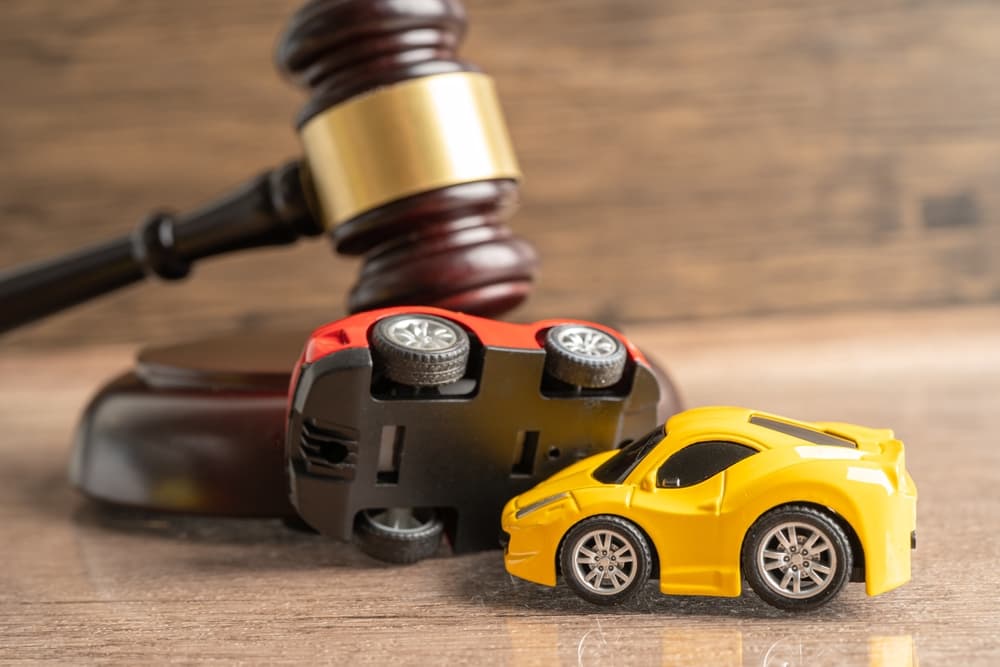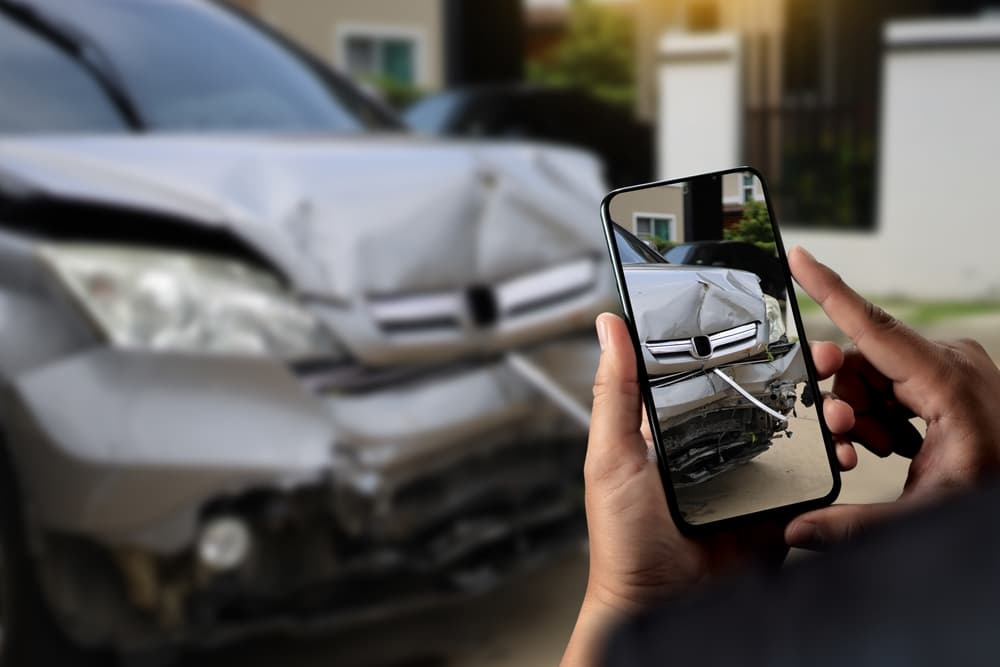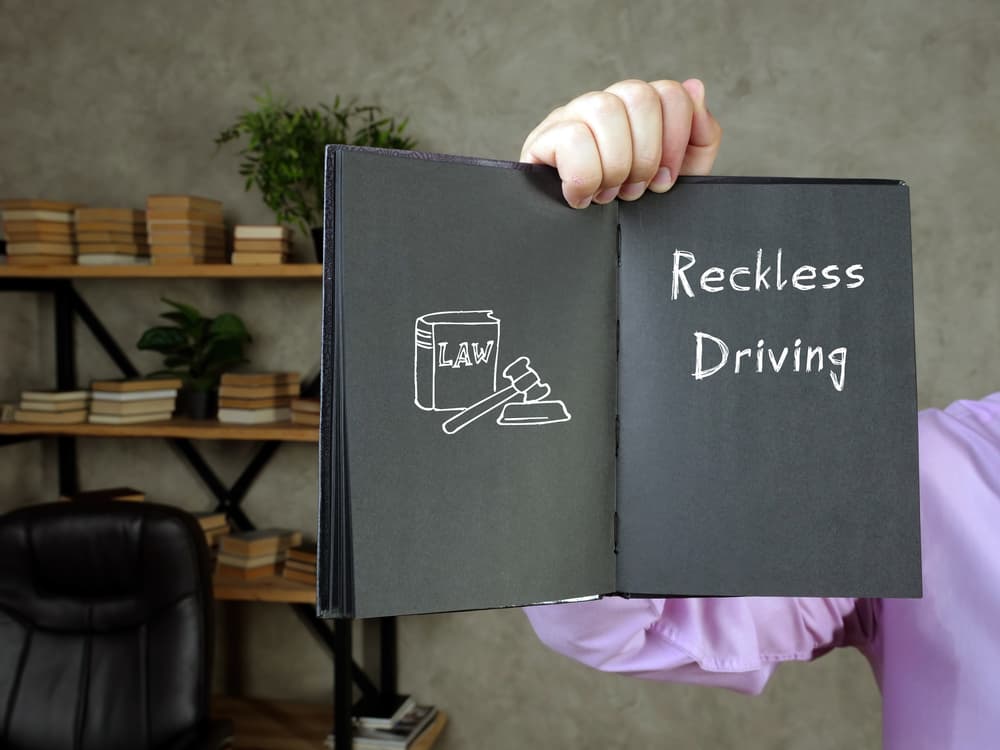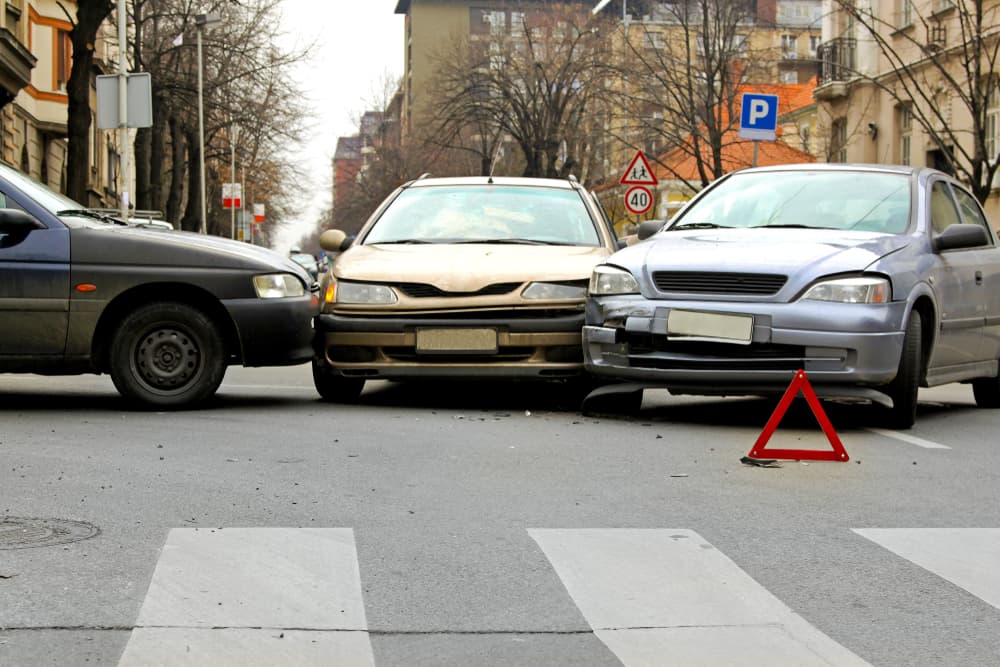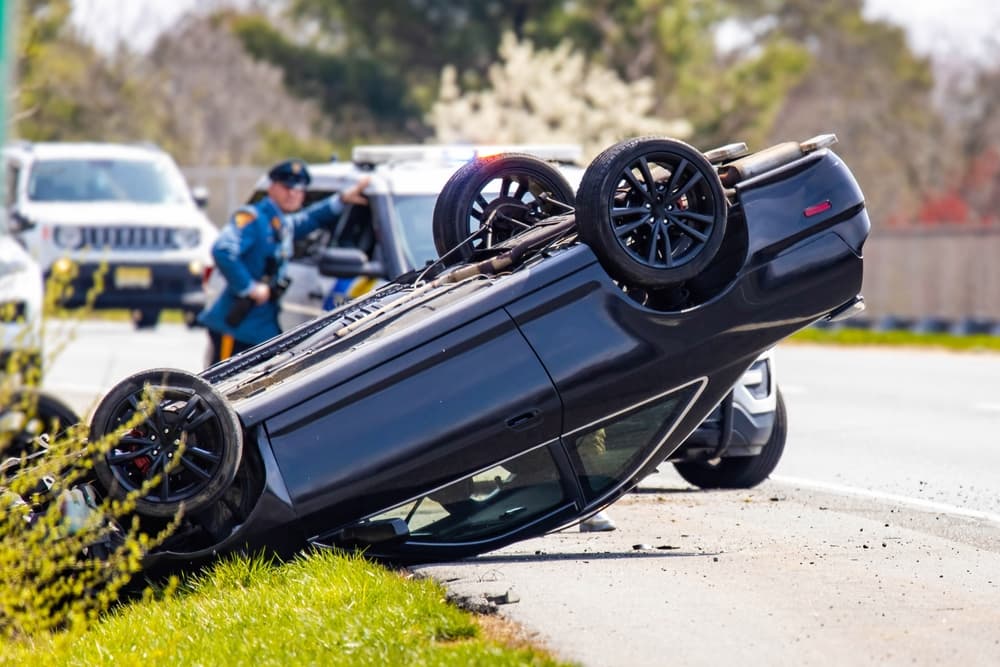Victims of car accidents who suffer injuries can file a claim with either their own insurance company or the at-fault driver's insurance company, seeking monetary compensation for their injuries and other losses. However, victims do not have unlimited time to take legal action due to statutes of limitations.
A statute of limitations is a law setting a deadline for filing different types of legal cases, including injury lawsuits. The law provides such limitations to promote fairness in the legal process and ensure evidence is available to prove a case. Each state sets its own statutes of limitations for each type of legal cause.
For example, under Michigan's statute of limitations for injury lawsuits, an accident victim must file a personal injury claim within three years of their accident date. Otherwise, unless some limited exception applies, the accident victim cannot file a lawsuit to seek monetary recovery for their injuries.
The possibility of an exception applying is uncommon and varies from jurisdiction to jurisdiction. For example, in some locations, the statute of limitations may not run until the accident victim reaches 18.
At that time, the statute of limitations countdown will start. When in doubt, it is always best to assume that the statute of limitations time deadline on the books will apply to the facts and circumstances of your case.
Further, remember that other deadlines might apply, such as short notice requirements if the government shares responsibility for causing your accident.
If you sustained injuries in a recent car crash, consult an experienced Bloomfield Hills car accident attorney as quickly as possible. Your attorney will know the applicable statute of limitations time deadline and can file a personal injury claim or lawsuit on your behalf as quickly as possible.
Then, your lawyer may begin negotiating with the appropriate insurance company adjuster to pursue the settlement compensation you deserve. If that does not work, your attorney may file a third-party personal injury claim in the state court system and litigate your case to a successful resolution.
By retaining a skilled car accident lawyer as early on in the process as possible, you significantly increase your chances of maximizing your overall monetary award and becoming whole again.
Throughout the process, your attorney can review all of your legal options and aggressively advocate on your behalf in pursuit of the financial compensation you deserve.
Schedule a Free Initial Consultation Today!
How do Car Accidents Usually Happen?
In most situations, car accidents directly result from another driver's careless or reckless behavior. Car crashes often happen when drivers habitually violate standard traffic laws.
For example, when a driver fails to yield the right-of-way at the appropriate time, fails to use their turn signal or speeds, or neglects to use their mirrors and backup cameras, they may unintentionally cause a car crash, which leads to debilitating injuries for others.
A car accident may also happen when another driver operates their vehicle while distracted. Electronics in cars, such as cell phones, GPS, and infotainment systems, may be highly distracting for some drivers. Sometimes, a driver may become distracted by passengers, especially children in the back, or even by daydreaming or allowing their focus to wander.
Drivers have a duty to keep their eyes on the road at all times and use their mirrors. If they take their eyes off the road, even for a short time, they might fail to notice another vehicle in the vicinity or behind them, bringing about a severe accident.
Car accidents also typically occur when drivers exhibit road rage. Road rage is another term for reckless and aggressive driving. When drivers are in a hurry, they may do anything possible to get ahead of other vehicles.
They may resort to reckless driving maneuvers, including speeding, tailgating other cars, and attempting to pass other vehicles in a designated no-passing zone. An aggressive driver might also switch lanes in heavy traffic without using the appropriate turn signals, resulting in a severe crash.
Finally, some car accidents occur when other people drive while impaired by drugs or alcohol. In most instances, drivers of passenger vehicles are legally intoxicated if their blood alcohol concentration reaches a level of 0.08 percent or higher.
However, if the offending driver is under 21 years old or operating a commercial vehicle and holds a CDL, the law may hold them to a stricter standard. Individuals who incur a DUI conviction may have to pay high monetary fines, administrative penalties, and civil penalties.
The law treats DUIs extremely seriously because offending drivers frequently cannot drive carefully and safely. When a driver is under the influence of alcohol or drugs, they may experience blurred vision, delayed reflexes and reaction time, impaired concentration, poor judgment, and impaired muscular coordination.
These symptoms typically arise because alcohol slows down a driver's central nervous system.
When someone drives while intoxicated, they may not notice a nearby vehicle or a pedestrian. Alternatively, they may not take the necessary action to stop their car in time to avoid a crash.
If you suffered injuries in one of these accidents, always consult a knowledgeable car crash attorney in your area as quickly as possible.
Your attorney can go over your legal options with you after investigating the circumstances surrounding your accident. Your lawyer may then prepare a settlement demand package for filing with the insurance company and begin negotiating with an insurance adjuster on your behalf.
Categories of Car Accidents That Typically Result from Negligence
When drivers violate traffic laws, exhibit road rage, and engage in distracted or intoxicated driving, they may cause various types of serious accidents depending upon the circumstances.
One common type of accident is a rollover accident. This type of accident may occur when someone driving a car or truck proceeds around a sharp curve at a high speed, causing their vehicle to overturn. In addition to injuring vehicle passengers, an overturned vehicle may present a crash hazard for oncoming traffic, resulting in multiple collisions and injuries.
Another common type of car accident is a rear-end accident or tailgate accident. In this accident scenario, the front of one vehicle hits the back of another car traveling in the same direction. When a tailgate accident happens, the occupants of the front vehicle may experience soft tissue whiplash injuries or neck and back contusions.
Head-on accidents happen when the front of one vehicle hits the front of an oncoming car, typically where a driver loses control of their vehicle and crosses the concrete median barrier or center line. This type of accident may also occur when a driver attempts to pass another car in a designated no-passing zone.
Another common car accident is a broadside or T-bone, where the front of one vehicle strikes the side of another car. These accidents frequently occur at highway merge lanes and four-way traffic intersections, where the offending driver negligently fails to yield the right-of-way to the other vehicle.
Finally, some car accidents are sideswipe accidents, where the sides of two vehicles strike one another. At the time of a sideswipe accident, the cars are both traveling in the same direction, often in adjacent travel lanes. In some instances, the force of a sideswipe accident may push the vehicle on the receiving end entirely off the road or into another travel lane.
You are not alone if you sustained injuries in one of these common types of traffic accidents. Given everything on the line, speak with a skilled car accident attorney in your jurisdiction as quickly as possible.
Your lawyer can speak with you in detail about your accident, review police reports and other documentation, and begin the claims-filing process on your behalf.
Injuries in a Car Accident
A car accident victim's injuries will depend mainly on the type of accident and the amount of force involved. Some crashes are so forceful that a part of the accident victim's body makes contact with the headrest, door, window, or other vehicle component, leading to devastating injuries.
Some of the most common injuries that car accident victims may suffer include:
- Open lacerations
- Bruises
- Soft tissue neck and back injuries such as whiplash
- Bone fractures
- Rib fractures
- Internal bleeding and organ damage
- Complete and incomplete paralysis injuries
- Spinal cord damage
- Mouth and teeth injuries
- Traumatic head and brain injuries
Upon suffering one or more of these injuries in a recent car accident, you should focus the majority of your attention on completing your medical treatment. You should also follow through with recommendations from your treating medical providers, helping to ensure that you make a full recovery from your injuries.
Completing your medical treatment shows the insurance company that your injuries are legitimate and you deserve to recover favorable monetary compensation.
While you attend your medical appointments, your attorney can focus on handling the legal components of your claim, such as obtaining documents and other evidence and assembling those documents into a settlement demand package for the insurance company adjuster to review.
Legally Proving a Car Crash Claim
After a car accident, you may be eligible to file various types of claims. For example, in a no-fault state like Michigan, most accident victims will first file a claim under their Personal Injury Protection (PIP) insurance policy.
PIP benefits compensate injured accident victims for their lost income, related medical expenses, and other out-of-pocket losses. However, if an accident victim suffers a permanent disability or disfiguring injury, they can turn to the at-fault driver's insurance carrier for third-party monetary damages in their case.
The accident victim must establish several legal elements to recover monetary compensation from a third-party personal injury claim or lawsuit.
First, they must show that the at-fault driver deviated from their legal duty of care, such as by breaking a traffic law or operating a vehicle while intoxicated.
The accident victim must also show that their car crash was a direct and foreseeable result of the other driver's negligence.
Finally, through medical testimony, they must demonstrate that all of their claimed injuries are directly related to the accident. For example, a medical expert may establish the accident victim's injuries directly resulted from their accident and/or that they suffered a permanent injury.
Recovering Third-party Monetary Damages after a Car Accident
As part of a third-party personal injury claim, an injured car accident victim may receive a monetary recovery, depending upon the accident, the severity of their injuries, the extent of their losses, and their total medical costs.
First, an accident victim may pursue financial compensation for their related past and anticipated medical expenses and their lost income or loss of earning capacity.
In addition, they may pursue settlement or litigation compensation for their intangible losses, including mental distress, loss of spousal consortium, pain and suffering, lost quality of life, inconvenience, loss of the ability to use a body part, permanent disfigurement or scarring, and long-term or lifelong care costs.
Your car accident attorney can determine your eligibility for filing a third-party claim, given the laws that are in place in your jurisdiction. Your attorney can then file the necessary claim on your behalf, negotiate with insurance company adjusters, or litigate your case to an efficient resolution in the state court system.
Contact a Car Accident Attorney in Your Area Today about Your Legal Options
It is never a good idea to communicate or negotiate with an insurance company by yourself. If you do, you risk receiving much less compensation than you deserve. You also risk overlooking the statute of limitations.

If you recently sustained injuries in a local car accident, act quickly to safeguard your legal right to recover monetary compensation and damages.
An experienced car accident lawyer can file a timely personal injury claim or lawsuit in your case, effectively negotiate with handling insurance company adjusters, and/or litigate your case to a timely and efficient resolution.
Your personal injury lawyer in Bloomfield Hills will do everything possible to maximize the total monetary award you receive for your car accident complications and losses.
